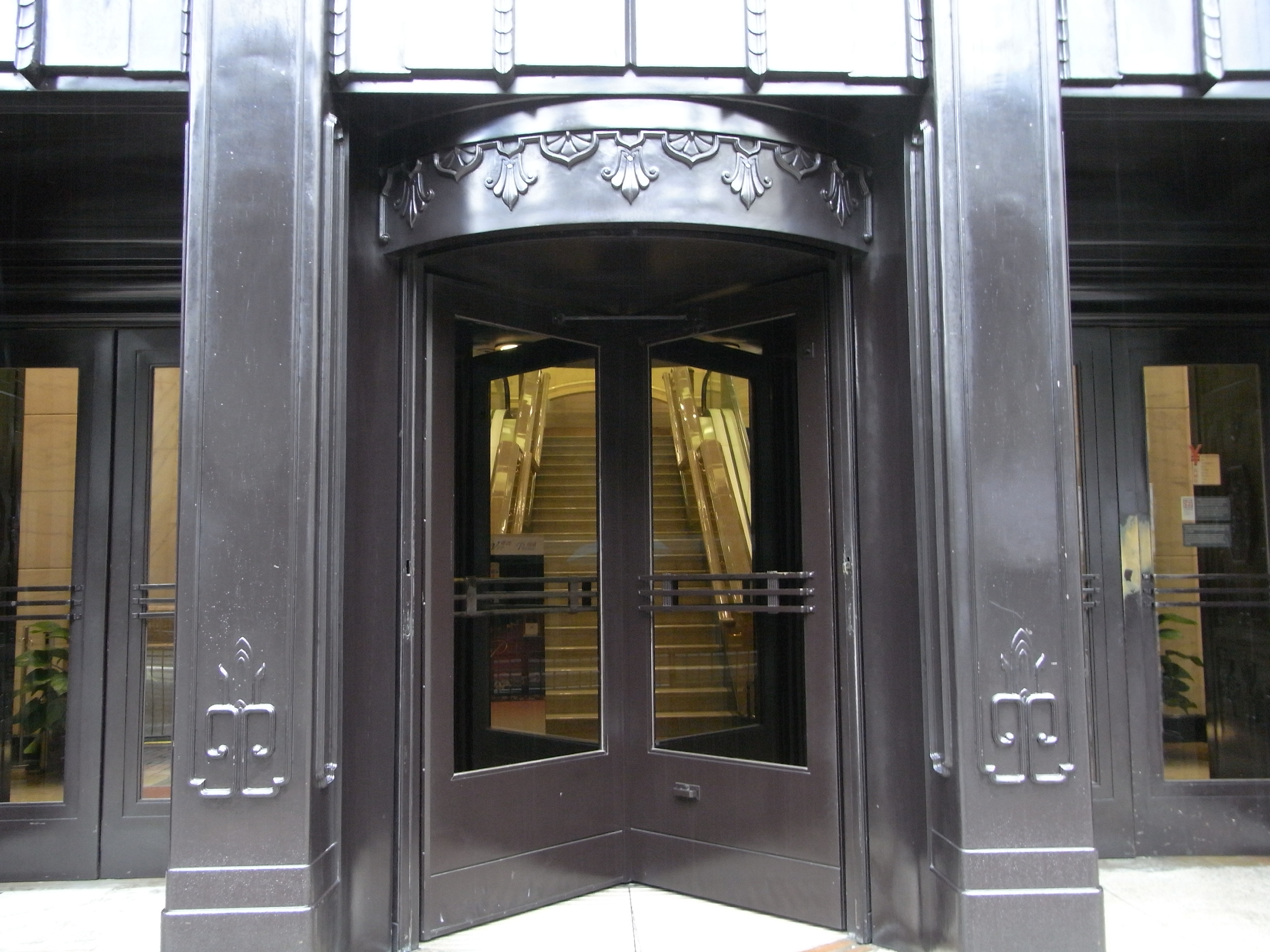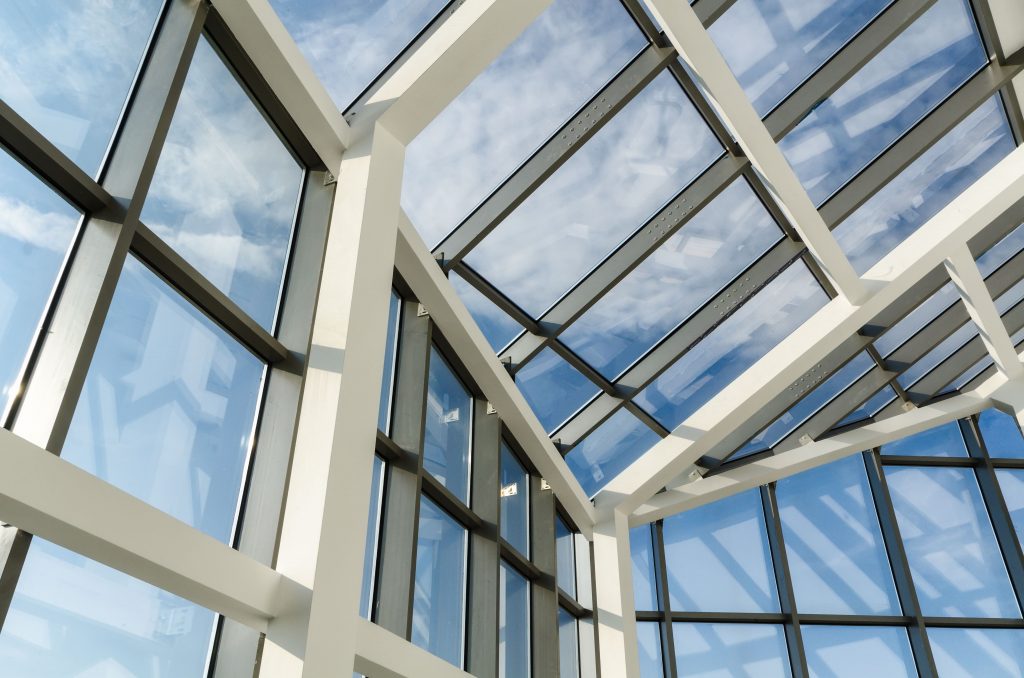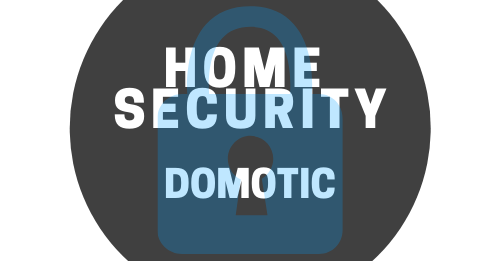Windows for safety and security – Blast-resistant glass

When it comes to the security of your home, you can choose between a variety of glass products available. If you surf over the internet or check in your local store, you will find windows that are labeled as burglar resistant, blast resistant, impact resistant, hurricane resistant, among others.
The different varieties on the market
Tempered, heat or chemically strengthened glass is stronger than regular glass but is still breakable. The most powerful glasses like blast-resistant windows (think terrorism/explosion), impact-resistant windows (think hurricane, burglar smashing windows) rely on a thicker version of laminated glass. Ballistic or bulletproof windows rely on multiple laminated layers and are thicker and heavier.

Polycarbonate is the most resistant
What you should understand, is that this kind of glass is made by a process of sandwiching two or more layers of glass around an inner layer of Polycarbonate, which is the leading plastic material for applications requiring safety features (like in the windshield for modern cars). It is one of the 3 most impact resistant plastics (the others being ABS plastic and PDCPD plastic).
Building codes standard for high-risk regions
Building codes for high-wind areas emphasis on design-pressure ratings, which take into consideration the amount of pressure a window can resist during stormy conditions. As such, there are two safety glazing categories, namely Category I and II. Category II being required for the most hazardous locations. You do not need to worry how to differentiate about the categories. Just look for the industry labeling and select the appropriate product for your area.
Let’s get in a bit technical! These important things that need to be considered
To fit hurricane-resistant glass standards a window needs to resist a nine-pound, two-by-four timber shot out of an air cannon at several distances and speeds, withstand ball bearing impacts and pass design pressure tests. The hurricane-proof glass is measured in terms of pounds per square foot (PSF) it can hold out. Ratings broadly range from 30 PSF to 90 PSF. Blast-resistant products must withstand the pressure and impulse (pressure duration) of a bomb detonation as measured in milliseconds and pounds per square inch (PSI). In Australia, the Department of Defense guidelines ask for a one-to-four rating, which means the product must resist a minimum of 144 PSF.
Among the most common blast-resistant glass manufacturers you will find the Guardian Industries (Armour-G glass), DuPont, and Oldcastle BuildingEnvelope (ArmorResist glass).
